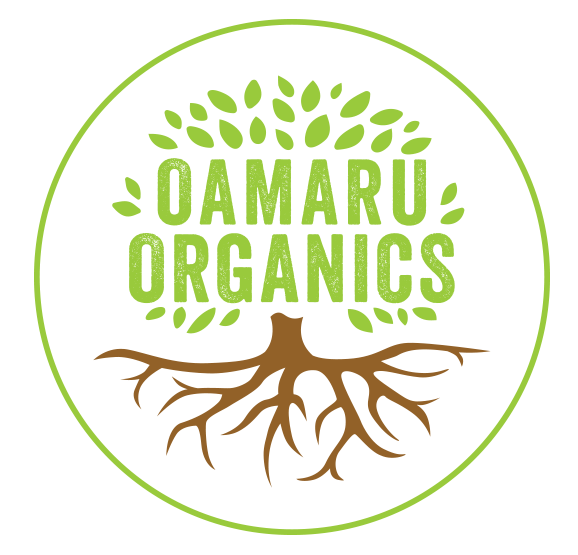Organic farming is a method of farming that involves the use of natural and sustainable practices to produce crops. One of the core principles of organic farming is the use of non-toxic pest control methods that are safe for the environment, wildlife, and human health. In this blog post, we will discuss some of the methods that organic farming uses to control insects.
- Crop Rotation:
Crop rotation is a method used in organic farming to reduce the buildup of insect pests. By rotating crops, the pest populations are disrupted, and the insects are less likely to establish a significant population. In addition, some plants can act as natural repellents or attractants, which can help to control pest populations.
- Companion Planting:
Companion planting is a method used in organic farming to reduce pest populations. By planting certain plants together, natural pest control can be achieved. For example, planting marigolds with tomatoes can help to repel insects that are attracted to tomato plants.
- Natural Predators:
Organic farming also uses natural predators to control insect populations. For example, ladybugs, lacewings, and praying mantises are all natural predators that can be introduced to an area to control insect populations. By using natural predators, organic farmers can avoid using synthetic pesticides that are harmful to the environment and human health.
- Biological Control:
Biological control is a method used in organic farming to control insect populations. This involves the use of natural enemies to control pest populations. For example, the use of Bacillus thuringiensis (Bt) is a common method used to control insect populations. Bt is a bacterium that produces a toxin that is harmful to certain insects, but not to other organisms, including humans.
- Natural Insecticides:
Organic farming also uses natural insecticides that are safe for the environment, wildlife, and human health. For example, neem oil, pyrethrum, and diatomaceous earth are all natural insecticides that are commonly used in organic farming. These natural insecticides are effective at controlling insect populations and do not have the harmful side effects of synthetic pesticides.
In conclusion, organic farming uses a range of methods to control insect populations without relying on synthetic pesticides. These methods are safe for the environment, wildlife, and human health and help to promote sustainable agriculture. By adopting these methods, organic farmers can produce high-quality crops without harming the environment or putting human health at risk.
Did you know that while some organic farms will use the natural insecticides mentioned above, our team at Oamaru Organics don't use any of these at all! They believe in good old fashioned hard work, crop rotation and companion planting to achieve their goals!

